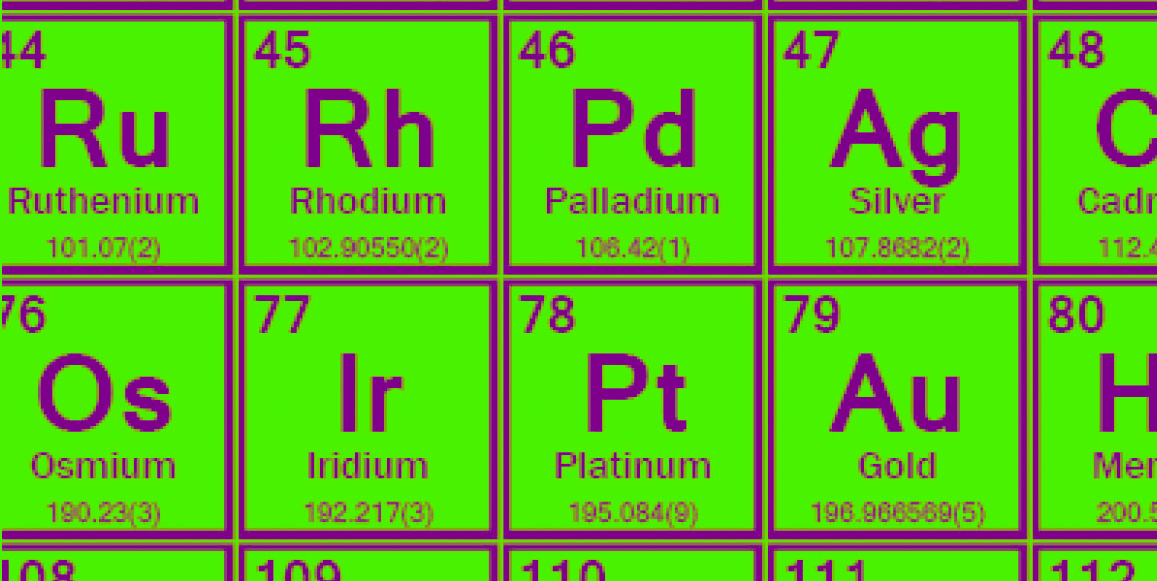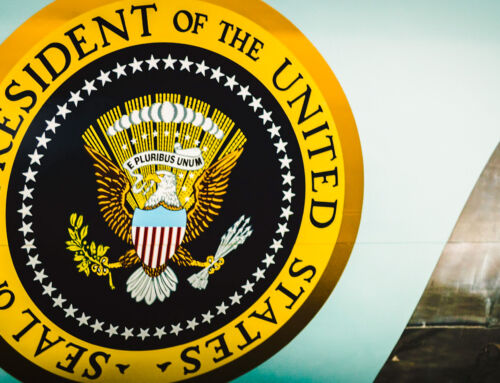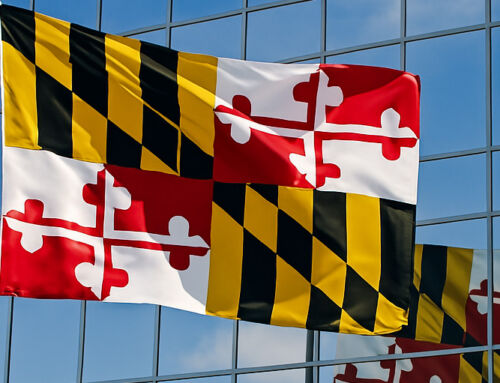View by Topic
Recent Articles
-
Migratory Bird Treaty Act Does Not Prohibit Incidental Take – AgainSaturday, April 19th, 2025
-
President Trump’s Bold Step to Rein in State Overreach in Climate ChangeSaturday, April 12th, 2025
-
Mandatory GHG Disclosures in Maryland Real Estate ContractsSaturday, April 5th, 2025
-
NYC Building Electrification Ruling is Interesting But Not a Game ChangerSaturday, March 29th, 2025
-
Greenpeace Ordered to Pay $667M in Blow to ActivismSaturday, March 22nd, 2025
View by Month/Year
“Green Building Law Update” Headlines
Recent Articles & News from
Stuart Kaplow’s blog
at GreenBuildingLawUpdate.com
- Migratory Bird Treaty Act Does Not Prohibit Incidental Take – Again April 20, 2025
- President Trump’s Bold Step to Rein in State Overreach in Climate Change April 13, 2025
- Mandatory GHG Disclosures in Maryland Real Estate Contracts April 6, 2025
- NYC Building Electrification Ruling is Interesting But Not a Game Changer March 30, 2025
Subscribe to the Green Building Law Update!
Stuart Kaplow brings his expertise and extensive experience to the table with his unique digital publication, "Green Building Law Update". Subscribers receive regular updates to keep them informed about important issues surrounding Environmental Law, Green Building & Real Estate Law, as well as the emerging demand for Environmental Social Governance (ESG).
Get fresh content through the lense of Stuart Kaplow's cutting-edge expertise, innovative commentary and insider perspective. Don't miss another issue! Subscribe below.

Rare Earth Metal Theft by Catalytic Converter
The theft of catalytic converters to sell for the value of the rare earth metal components is a thing once again.
A catalytic converter is a component part of the exhaust system of a fossil fuel motor vehicle that catalyzes, or accelerates the break down of vehicle emissions making them less harmful. The catalyst of a catalytic converter is usually Platinum (Pt), Palladium (Pd), and Rhodium (Rh). All three of these platinum group metals are rare.
Two of the three are currently worth more per ounce than Gold. Palladium prices earlier this month were over $2,300 per ounce (.. Gold is about $1,900), a 20% increase since January. Rhodium was selling this month at more than $21,000 per ounce, up from less than $6,000 last month.
Rare earth metals are not only used in automobile pollution control devices (and not just in the U.S. but in growing numbers across the globe including in China), but also in smart phones, LEDs, flat screen televisions and a host of tech devices from wind turbines to hybrid car batteries, all for which worldwide demand continues to increase. And while China likely leads the world in production from raw elements, the U.S. may be the largest importer and largest recycler of rare earth metals.
Hence a crime of opportunity.
The precise number of thefts is not known. The National Insurance Crime Bureau, the public source for vehicle theft data reported to insurance companies, stopped tracking catalytic converter thefts in 2015. But there is has been a dramatic increase that we can track anecdotally because within the last month there have been news media accounts in the New York Times and on NPR. Police departments from Wichita to South Bend and Lynchburg to Manchester have all issued statements about increased converter thefts.
Curiously, the largest quantity of rare earth metals in a Toyota Prius hybrid is in the magnets in its electric motor, second are the car’s dashboard electronics and only third, its catalytic converter, which is among the most stolen in the U.S. because the gasoline engine does not run fulltime so the metals in the pollution control device last longer, but also because it is easy to separate from the vehicle.
EPA generally does not permit the installation of used catalytic converters, so it is clear they are being stolen for recycling of the rare earth metals.
Some have asked why is this crime wave happening now? It is not pandemic related. The pollution control devices have been required in the U.S. since 1975 and there was a wave of thefts on the 1980s, but the current crime spree to feed rare earth metal recycling is apparently driven by the skyrocketing prices for those elements.
A Washington DC environmental regulator recently said, the Black market of extracting rare earth metals from stolen catalytic converters may be the most valuable recycling market, and possibly the only profitable recycling market, in the U.S. today.









